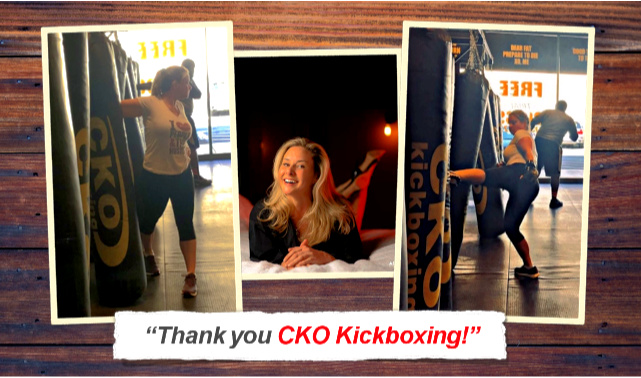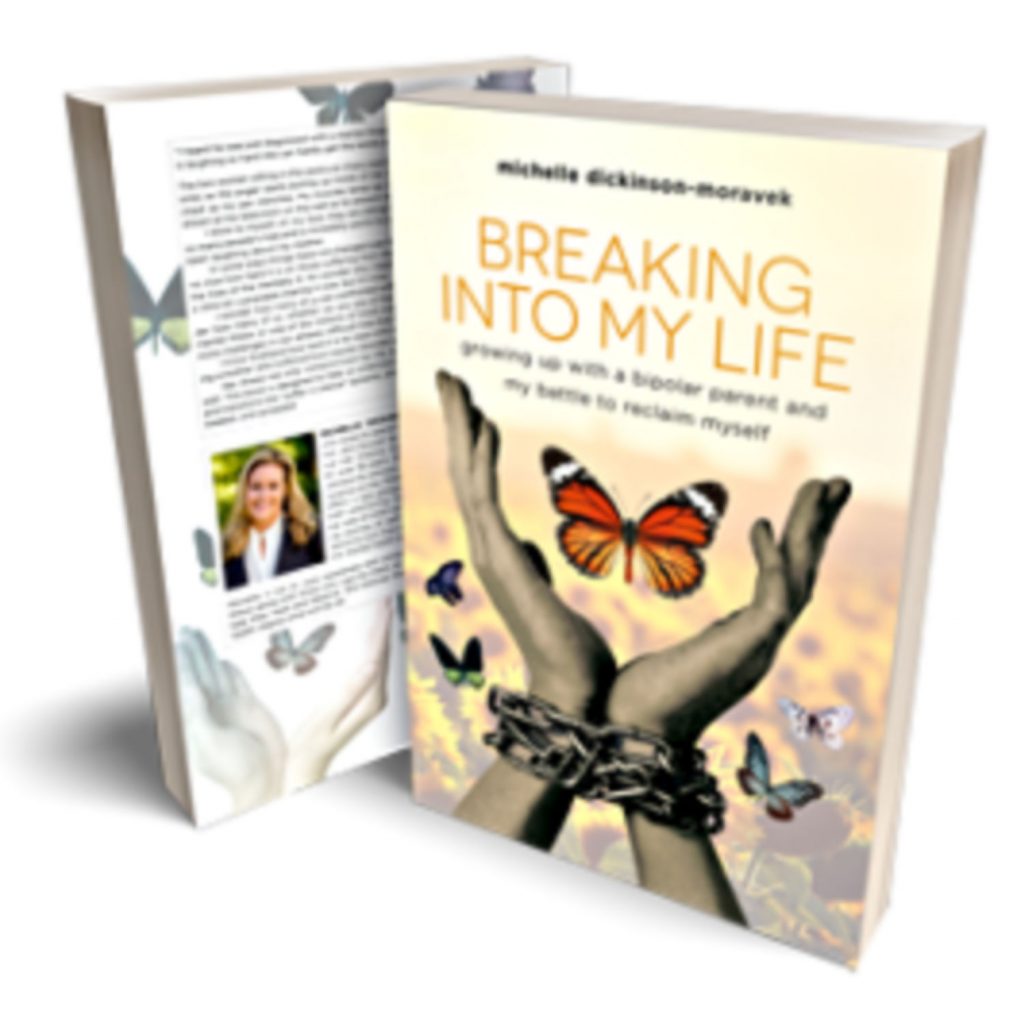“If you haven’t got your health, you haven’t got anything.”
Spoken by the character, Count Rugen, in 1987’s classic and beloved movie, The Princess Bride (side note: my personal favorite movie of all time), the notorious six-fingered man, though evil, was onto something.
This line was the perfect response to a hilarious deadpan comment in this charming film. All 80’s film humor aside, this statement carries through into real life. In all of our lives, actually.
Rugen wasn’t referring to physical health or nutrition, which our minds may tend to gravitate toward when we hear the word, “health.” On the contrary, he was clearly speaking of mental health.
It’s a topic that has been highly neglected for too long. And now, more than ever, mental health needs to be front and center. It must. Thankfully, the topic of mental health is starting to swirl around us these days, as the layers of stigma slowly peel away.
It comes as no surprise that we’ve pushed the mental health subject to the back of the shelf. It’s uncomfortable, misunderstood, and choosing to talk about it puts all vulnerability out on the table. It’s just too much to handle.
But sometimes you have to get comfortable with being uncomfortable, especially when it can lead to a better understanding, treatment of and compassion for ourselves and our fellow man. It took many years, difficult challenging years, for Michelle Dickinson to get there.
Raised by her mother, who suffers from bipolar disorder, Dickinson says that mental health, “has been woven into the tapestry of [her] life.” Though a child, it was a reversal of roles as she served as her mother’s caregiver and, therefore, had, as she says, “a front row seat in seeing and understanding how mental health can affect a person and their family.”
The experiences of her childhood brought a mix of emotions. Concern, compassion and protectiveness on one side; Frustration, anger and resentment on the other. These feelings jumble around, like clothes in a dryer, taking a toll on one’s mental and emotional clarity.
For Dickinson, the culmination of it all led to feelings of insignificance. Recognizing this, she made an ongoing effort to have a greater understanding of herself and her childhood experience, as well as her individual needs, all in an effort to better meet them.
Sometimes you have to get comfortable with being uncomfortable…
Therapy, reflection and continuous learning put Dickinson on a path to self-discovery and self-care. An important part of caring for herself was prioritizing her health – the mental and the physical. She had therapy tending to her mental health, while a personal trainer kept her physical health in check.
One of her thrice weekly personal training sessions included boxing. She was hooked (no pun intended.) And with that, she called off personal training and introduced CKO Kickboxing as its replacement. She soon realized that the reason she eagerly attended the classes at CKO Springfield was more than the promise of broken sweat and burnt calories. It was that this workout was different in that it was a twofer, delivering both a physical and mental boost.
“I had a coach at the time who said to me, ‘You told me that you found this boxing gym, to help you get through this emotional stuff. I want you to make boxing your vice. I don’t care what you have on your plate, you have to get there religiously.”
Gladly, Dickinson committed to CKO Kickboxing as part of her mental health plan, attending 5:30am classes three days a week.
“I was 30-40 lbs overweight. I literally started to build my confidence back, get my energy back and feel like myself again. It was such a journey for me to reclaim my health…I was doing it for my mental health…yet the physical benefits were incredible. It would boost me up.”
Dickinson has been a steadfast CKO Kickboxing member and advocate for 5 years now. Her CKO commitment, along with an increased understanding of mental health, has brought, not only the opportunity to live the life she so desired, but to shed an honest light on mental health for all.

“It was such a journey for me to reclaim my health.”
In February 2018, Dickinson’s memoir, Breaking Into My Life: Growing Up with a Bipolar Parent and My Battle to Reclaim Myself, was published. It serves as a true raw glimpse into her journey on the challenging path of caring for someone with a mental illness and all the learnings along the way. The book humanizes mental health and helps people “face it, not fear it. Not look away from it…to understand it better,” she says. To successfully write this book, it first took getting to the place of forgiveness and compassion.
“If I wrote this book before I went through this journey, that would have been a very ugly and angry book. If I was going to unearth some serious shit from my childhood I wanted it to help others, to make things better.”
Dickinson recognizes author, businessman and life coach, Tony Robbins in her book, whose teachings point to how your energy can shift through physical movement. She agrees wholeheartedly.
“Often times when you are emotionally and mentally out of it, the last thing you want to do is exercise, but it’s the most important thing you can do for yourself…When I go workout at CKO I’m always grateful I did because my mood totally shifts. I always feel better for it.” She continues, “It’s all around empowerment. If you don’t feel like working out, and you go, you feel empowered mentally and physically afterwards…If you work out and you’re in a good emotional space [to begin with], you walk away feeling stronger physically.”
Health is not a right, but rather a privilege. And so, for those mentally, emotionally and physically healthy individuals, keeping that privilege in mind, it’s important to continue to treat your mental health with as much care and concern as you do your physical health. For, as she says, “you can’t have physical health without mental health.” Finding a way to achieve both, like CKO Kickboxing does for Dickinson and so many others, is a health gold mine.
Mental health disorders happen. They can’t be helped and they can’t be stopped, but they can be treated, acknowledged and better understood. In order to break down the stigma of mental health Dickinson says that we simply need to talk about it.
“It’s like a muscle,” she says. “The more you have the conversation, it’s not as uncomfortable anymore.” Acknowledging the topic and then circulating it within schools and businesses, and among family and friends, is what it will take to make mental health less intimidating.
Health is not a right, but rather a privilege.
There are resources out there, such as 18 Percent, an organization acknowledging the 18 percent of Americans living with mental illness. This free mental health online community, based off Slack, offers anonymous peer-to-peer support 24/7. With over 650,000 messages to date on various mental health issues in its secure moderated environment, it’s no wonder that the community has garnered respect from The Washington Post and is an official partner of the Crisis Text Line and the National Eating Disorders Association.
Keeping yourself on a healthy mental path, Dickinson says, is “a constant journey.” When you’re not on the bag, there are other things you can do to keep your mental health in check.
For one, cut out the noise. Take a social media break. Step away from the “illusion of perfection,” as she likes to call it, that you’re not measuring up to. Check in with yourself. Reflect. Meditate. Dickinson subscribes to The Miracle Morning by Hal Elrod, which includes a ten-minute meditation that clears her head.
“It’s those grounding exercises,” she says, “that help you start your day with more balance.” She adds, “It’s really about making time for self-care on and beyond the bag.”
* * *
Article written by Kimberly Oley, CKO Contributing Author and CKO Member since 2015!
* * * * *
In honor of May, Mental Health Awareness month, enclosed is a free mental health resource kit. Michelle Dickinson, author of Breaking Into My Life, joined us at our annual CKO conference and shared her brutally honest story about living with and caring for her bipolar mother. CKO is aligned with Michelle’s mission to support our member’s mental health along with their physical health by creating safe spaces for open mental health conversations. As part of her commitment to causing change and removing the mental health stigma, she developed this free resource:
https://www.mentalhealthresourcekit.com/free-kit








